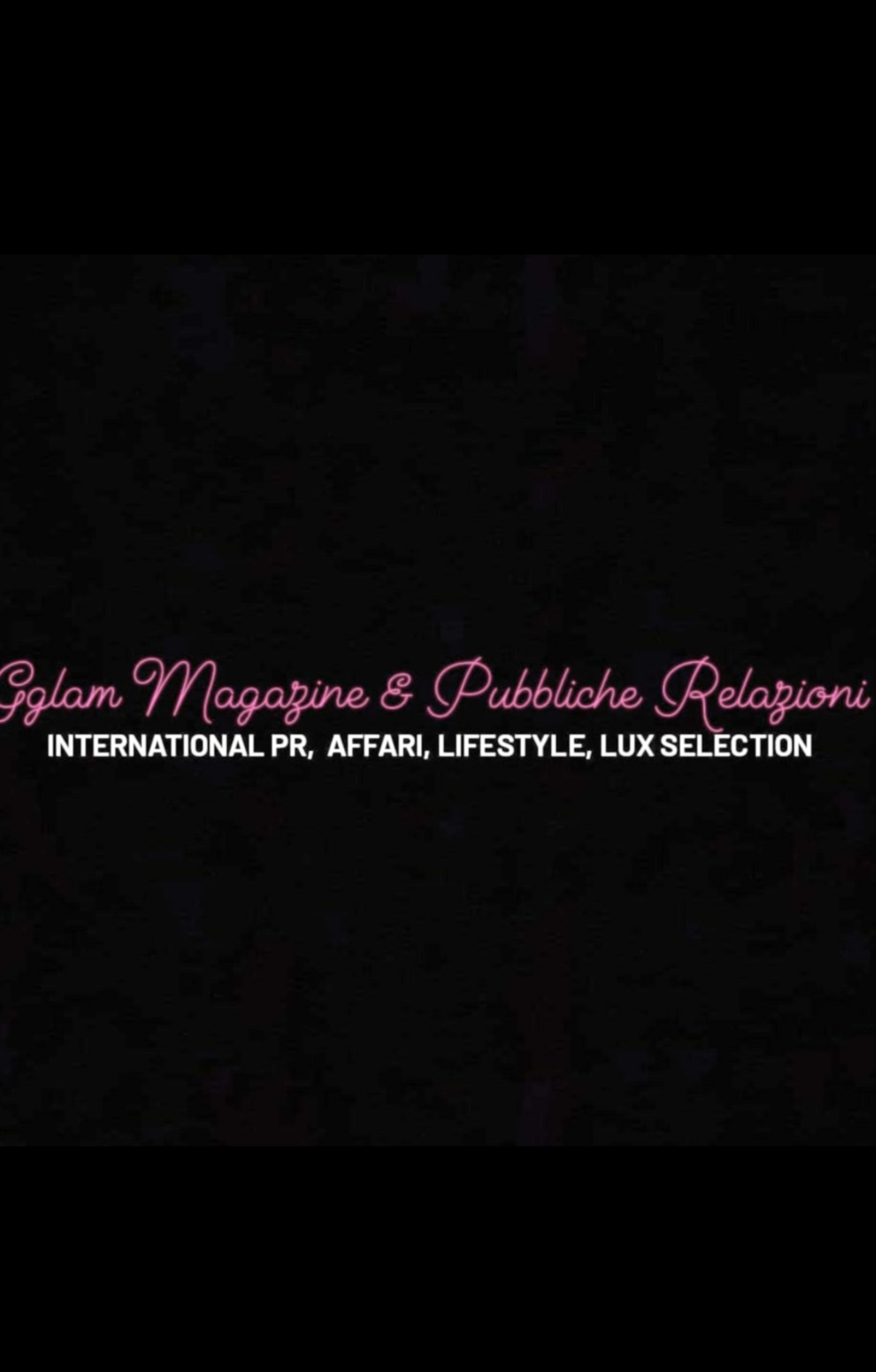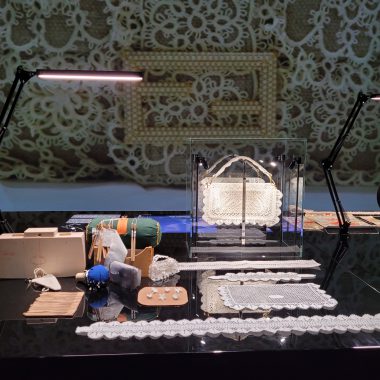Rijksmuseum and Nederlands Fotomuseum acquire artistic estate of Ed van der Elsken

Rijksmuseum and Nederlands Fotomuseum acquire artistic estate of Ed van der Elsken
The Rijksmuseum and the Nederlands Fotomuseum have jointly acquired the artistic estate of the photographer Ed van der Elsken (1925-1990), safeguarding for the nation the largest archive of work by one of the most important Dutch photographers of the 20th century. This acquisition will make it possible, for the first time, to gain a complete understanding of Van der Elsken’s artistic practice over the entire course of his more than 40-year career.
Van der Elsken’s widow Anneke Hilhorst has for 30 years managed her late husband’s artistic legacy, comprising 10,000 objects. The Rijksmuseum is to obtain more than 7,700 prints, while the Nederlands Fotomuseum will add 3,000 contact sheets and 300 photographs to its collection. The Rijksmuseum and the Nederlands Fotomuseum are working together to open up the archive and restore, study and digitise his work so it is accessible to all.
This autumn the Rijksmuseum will partner with the Nederlands Fotomuseum to stage an exhibition of Van der Elsken’s work. This exhibition focusing on the photographer’s methodology will show the artist’s hand at work in the designs for two photobooks, proof prints, book cover designs, photographs featuring the artist’s own descriptions and marks, and contact sheets. It is only through the acquisition of Van der Elsken’s entire artistic legacy that we are able to present his work in such an extensive way.
The collection was for a large part donated by Anneke Hilhorst, and partly purchased with the support of the Mondriaan Fund, the Rembrandt Association (thanks in part to its dedicated Photography and Video Fund and Dura Kunstfonds), BankGiro Lottery players, the Paul Huf Fonds/Rijksmuseum Fonds and the Marque Joosten en Eduard Planting Fonds/Rijksmuseum Fonds. The acquisition was made possible thanks to the mediation of Annet Gelink Gallery Amsterdam.
Anneke Hilhorst, widow of Ed van der Elsken: I have always regarded my ownership of Ed’s work as a great responsibility. I have never considered it to be mine alone; first and foremost, it is historical heritage of the photographic and visual arts in the Netherlands. I have now passed on this responsibility in complete confidence that the work of Ed van der Elsken will be cherished and well looked after by the Rijksmuseum and the Nederlands Fotomuseum. Highly specialised people will now escort his work into a long and beautiful future. For this I can feel only gratitude.
Taco Dibbits, General Director of the Rijksmuseum: Ed van der Elsken makes the everyday extraordinary. He offers us an intimate glimpse into the changes that took place in the second half of the 20th century, and that are still relevant in our lives today. He is one of the great Dutch masters of the 20th century, and Anneke Hilhorst does us a great honour in entrusting his legacy to us. We and the Nederlands Fotomuseum will together ensure that Van der Elsken’s work is made accessible to all, now and in the future.
Birgit Donker, Director of the Nederlands Fotomuseum: Ed van der Elsken’s photographs and contact prints constitute an exceptional addition to our wonderful collection; we maintain the complete archive of Van der Elsken’s negatives and slides. Until now this collection included only a limited number of prints, on two themes. Through this joint acquisition, the Nederlands Fotomuseum collection will now include early work by this important photographer, who is part of our national DNA.
Artistic legacy
Van der Elsken’s artistic estate contains many surprises, including more than 2,000 vintage prints, multiple prints from a single negative, cover designs, dummy photo book designs (including one for his 1966 masterpiece Sweet Life) and contact sheets. It is a whole of many parts and a source for further scholarly research. The series and sequences of images on the contact prints offer a comprehensive overview of the photographer’s entire oeuvre, with many of them including the descriptions and markings that reveal what was most important to him. The contact sheets therefore form a vital link between the negatives and his prints. There is also evidence of Van der Elsken’s abiding interest in experimentation in the domain of design, particularly in the form of his book dummies. He designed his own magnum opus Sweet Life, experimenting with sequence, size, juxtaposition and printing techniques. The Sweet Life dummy will have a prominent place in this autumn’s exhibition.
Ed van der Elsken
from the Photo Book Een liefdesgeschiedenis in Saint Germain des Prés’ (Love on the Left Bank)
before 1956. Gelatin silver print.
Collection Rijksmuseum, Amsterdam. Purchased with the support of the Mondriaan Fund, the Rembrandt Association (thanks in part to its dedicated Photography and Video Fund and Dura Kunstfonds), BankGiro Lottery players, the Paul Huf Fonds/Rijksmuseum Fonds and the Marque Joosten en Eduard Planting Fonds/Rijksmuseum Fonds, 2019.
Ed van der Elsken
Ed van der Elsken (1925-1990) photographed, amongst others, in the Netherlands, Paris, South Africa, Sierra Leone, Japan, Hong Kong, Mexico, the United States, and Indonesia, and built a body of work that is extraordinarily wide-ranging and rich. His direct and disarming approach was part of what made him the epitome of the ‘people photographer’ – it was this directness that enabled him to capture the human essence of his subjects. Van der Elsken’s used his uniquely raw and individual style to show that photography is about more than just an image; his photographs express a personal vision. Van der Elsken is acknowledged internationally as a pioneer of the subjective viewpoint; of the photographer’s vision and portrayal of people and the world.
Combined efforts and indispensable support
The collection was for a large part donated by Anneke Hilhorst, and partly purchased with the support of the Mondriaan Fund, the Rembrandt Association (thanks in part to its dedicated Photography and Video Fund and Dura Kunstfonds), BankGiro Lottery players, the Paul Huf Fonds/Rijksmuseum Fonds and the Marque Joosten en Eduard Planting Fonds/Rijksmuseum Fonds.
It is thanks to donations and bequests from private individuals, funds, family and other foundations, government and business that museums such as the Rijksmuseum and the Nederlands Fotomuseum can continue to exist and to connect people, art and history.
FONTE : RIJKSMUSEUM PRESS




